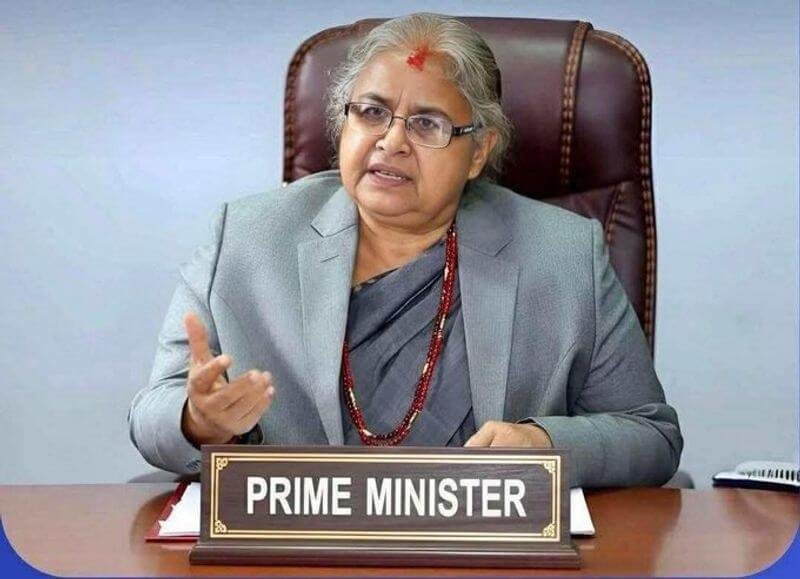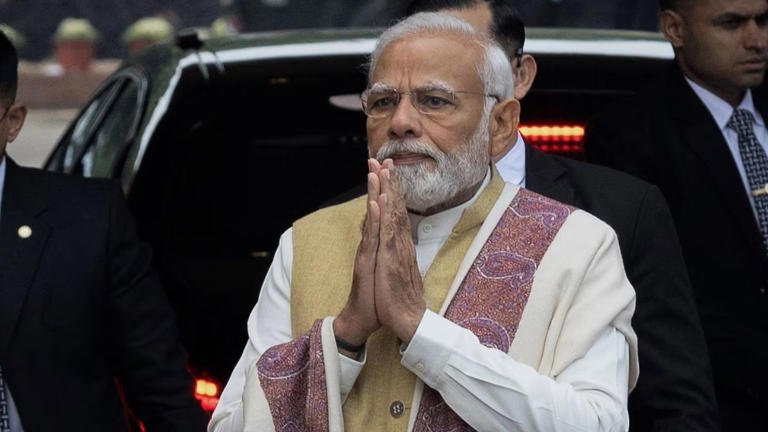Sushila Karki the first women Prime Minister of Nepal
Sushila Karki’s ascent from Nepal’s first woman Chief Justice to its first woman Prime Minister is not just a personal milestone—it’s a seismic shift in the country’s political and judicial history. Her story is one of integrity, resilience, and a refusal to bend to political pressure, making her a symbol of reform in a nation grappling with corruption and generational unrest.
Early Life and Education
Born on 7 June 1952 in Shankarpur, Biratnagar, into a Chhetri farming family, Karki was the eldest of seven siblings. She pursued her BA at Mahendra Morang Campus (Tribhuvan University), followed by an MA in Political Science from Banaras Hindu University in 1975. She later earned her law degree from Tribhuvan University in 1978. Her academic rigor laid the foundation for a legal career that would span over three decades.
Legal Career and Judicial Legacy
Karki began practicing law in Biratnagar in 1979 and briefly taught at Mahendra Multiple Campus in Dharan. She became a senior advocate in 2008 and was appointed as an ad hoc justice of the Supreme Court in 2009, with her position made permanent in 2010. In July 2016, she broke new ground by becoming Nepal’s first woman Chief Justice.
Her tenure was marked by bold anti-corruption rulings, including the conviction of a sitting minister—Jaya Prakash Gupta—in 2012, a first in Nepal’s judicial history. She also presided over landmark cases involving citizenship rights for women and transparency in peacekeeping missions. Her decisions often clashed with political interests, culminating in an impeachment motion in 2017, which was later withdrawn following public outcry and judicial intervention.
Political Emergence and Prime Ministership
In September 2025, amid nationwide Gen Z-led protests against corruption and digital censorship, Karki was chosen to lead Nepal’s interim government. The protests had forced Prime Minister K.P. Sharma Oli to resign, and Karki’s clean image and non-partisan stance made her the consensus candidate among youth leaders and civil society.
On 12 September 2025, she was sworn in as Nepal’s first woman Prime Minister, tasked with steering the country toward fresh elections scheduled for March 2026. Her appointment was likened to that of Nobel laureate Muhammad Yunus in Bangladesh, reflecting a broader regional trend of judicial figures stepping into transitional leadership roles.
Karki met her husband, Durga Prasad Subedi, while studying at BHU. Subedi, a Nepali Congress activist, was involved in Nepal’s first political plane hijacking in 1973—a dramatic episode aimed at funding anti-monarchy resistance. Despite this turbulent backdrop, Karki carved an independent identity rooted in law and justice.
She has authored two books: Nyaya, an autobiography, and Kara, a novel inspired by her brief imprisonment during the 1990 People’s Movement against the Panchayat regime.
Sushila Karki’s rise is not merely symbolic—it’s a testament to the power of principled leadership in times of institutional crisis. Her dual legacy in law and governance continues to inspire a generation demanding accountability and reform.





